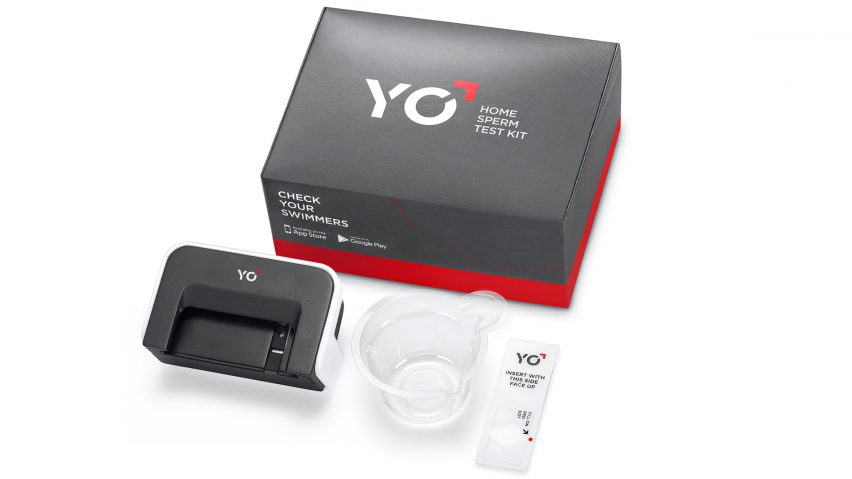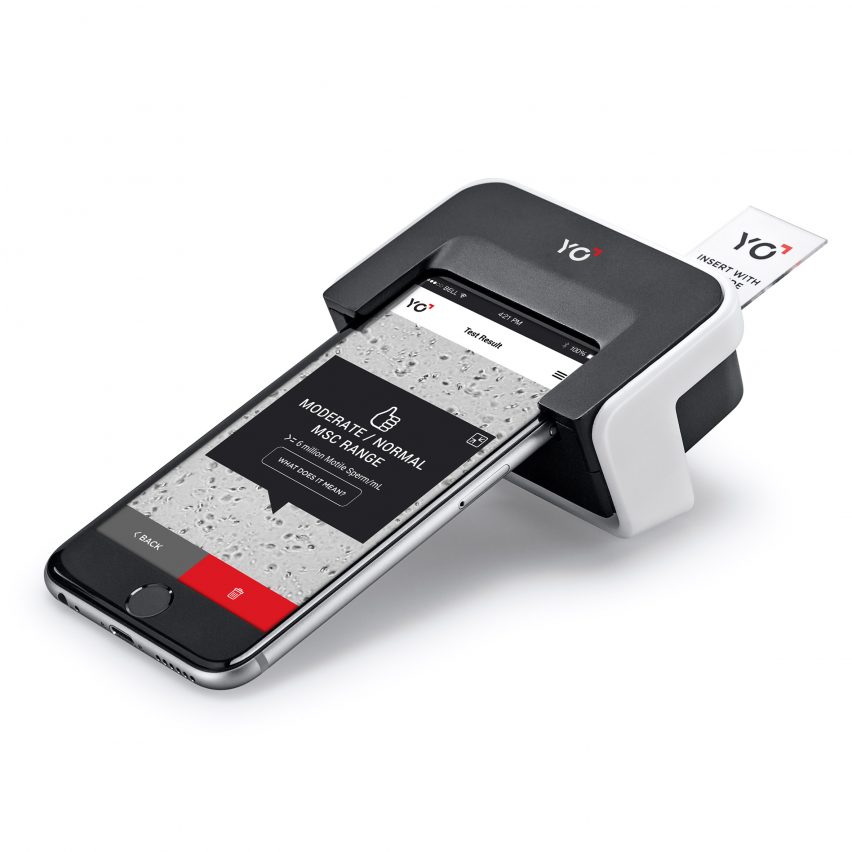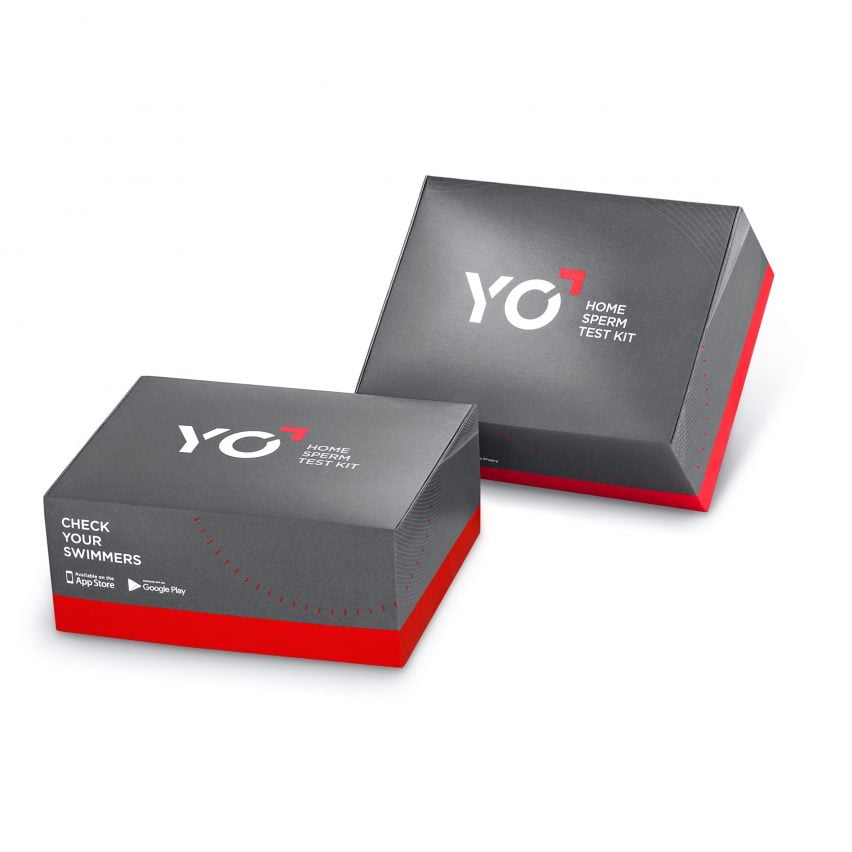
Home fertility test allows men to test their sperm count on a smartphone
A new sperm testing device named Yo enables men to keep a check on their reproductive health without having to go to the doctor.
The Yo Sperm test, developed by Medical Electronic Systems (MES), works through an app and a microscope attachment that covers the phone's camera and flash.
MES believes the product will allow men to avoid some of the awkwardness of getting their sperm tested at a clinic.
"Trips to the fertility doctor are rarely pleasant," said the company. "The YO Home Sperm Test lets you see how your swimmers are doing from the comfort of your own home."

"Since it attaches to the same device you'll likely be using for viewing material anyway, it's far and away the most convenient way to check up on your reproductive health."
This testing process involves the app taking a video of the sperm under the microscope, and then completing a series of simple analyses from the clip. The test takes just two minutes to provide results.
The app provides users with in-depth information about their result, which the company claims to be 97 per cent accurate.
To use the kit, the user first has to collect his sample, with MES specifying not to use "lubricants, creams or partners".
The sample, mixed with a liquefying powder for better consistency, then has to be left for ten minutes. During this time, the app turns into a "sperm trivia" game to occupy the user.

After the ten minutes are up, the user extracts a small amount of the sample using a pipette and drops it onto a slide.
This slide fits into the microscope attachment, which – sitting over a smartphone's lens — allows video of the sperms' motion to be recorded and analysed.
The Yo sperm kit is the latest project aiming to make medical testing easy and more accessible.
Last year, a group of scientists developed a home HIV testing kit that speeds up diagnosis and allows patients to monitor their own treatment, while a smartphone dongle developed by Columbia Engineering researchers in 2014 can simultaneously detect HIV and syphilis within minutes.